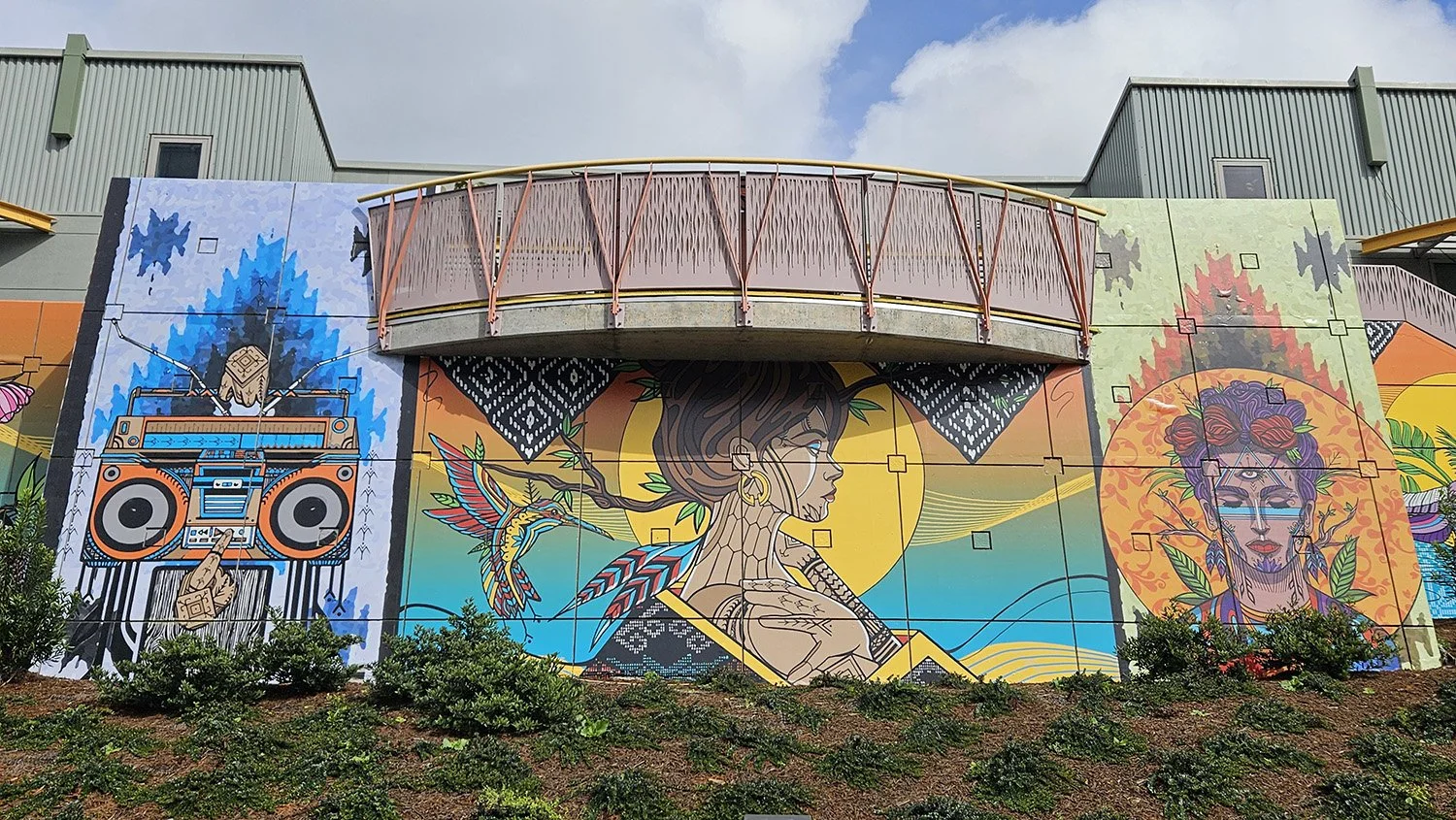‘Time to Change’ – How It All Began
/Atek Jacinto, circa 1970, two years after the Sing Out Asia US Tour and the same year he composed “Time To Change.”
It was in the hot summer month of May 1968 when several students belonging to Sing Out Philippines were invited to attend a leadership training course at the IRRI Center in Silang, Cavite. Sing Out was then a popular student movement all over the Philippines under the aegis of the Moral Re-Armament Foundation (MRA). It used music and drama as platforms for engaging the restless youth. In America, the movement is called “Up With People” with hundreds of thousands of members all over the country.
And so on that fateful weekend the leadership training unfolded. The board of directors of MRA Philippines were some of the biggest names in Philippine business and government: industrialists Jose Concepcion and Don Salvador Araneta; Secretary of Finance Cornelio Balmaceda and Health Secretary Dr. Elpidio Valencia to name a few. The closing day on Sunday was capped by a songwriting competition reflecting on the topics of the three-day course. About 25 seminarians from Silang were invited to watch the competition.
About four or five teams signed up for the competition. Each team had a songwriter who was given one hour to compose, arrange, and teach the song to the team members. After all the songs were presented and judged, my song came in only at second place. I was just as happy to win second place because I wrote the melody and lyrics in not more than 20 minutes, beating my personal best of two days. You see, love songs are the hardest to write and could take days, even weeks! There was no disappointment at all, particularly when most of the seminarians approached me and asked me to write the lyrics and teach them the melody of the song. They said they loved my song. It was a great feeling of satisfaction when you have an instant approbation for your creation especially from the religious.
The Japanese organizer of Sing Out Asia who was present at Silang, Cavite that day invited me to become assistant music director of the touring group of about 130 singers and musicians. I couldn’t believe this was happening to me! I was only 17. To me that was the real prize I won that day. Together with 11 other Filipino students, we flew to Japan in July 1968, rehearsed for ten straight days and then boarded a chartered Pan American flight to Los Angeles to start the 48-city road tour going to the East Coast and back. At every city we performed in, we stayed with host families. It was an incredible experience for all of us!
It was a Sunday in Virginia when my American host brought me to a Catholic church. During communion, to my utter surprise and amazement, the small choir sang “Time to Change.” At the end of the mass, I approached the Filipino parish priest and asked how his parishioners knew the song. Apparently, he had just returned from Manila two weeks before and he learned the song from other Jesuit priests! Incredibly, in just a few months my song had crossed the Pacific Ocean and found its way to America.
In 1969, the mother superior of the Good Shepherd Convent in Baguio asked my permission to record the song. A small choir of students from the convent known as Mountain Maids recorded a 45rpm single. This must have helped propagate the song through the religious channels.
Today, “Time to Change” is sung in Catholic churches, non-Catholic congregations, and in Filipino parishes abroad in the US, Europe, Asia, Canada, and Australia. It has taken a life of its own.
Atek Jacinto today
In 2004, a graduating class of an elementary school in Maasin City, Southern Leyte adopted the song as the theme of their graduation. The inspirational lyrics, I learned, had helped many Filipinos go through difficult times in life. This song belongs to God. I was only its physical manifestation – an ordinary person tasked with the extraordinary mission of propagating the song.
Minus-one (karaoke) version:
TIME TO CHANGE
© Atek Jacinto 1968
Ooohhh, oohh, oohh
Ooohhh, oohh, oohh
Verse 1:
It’s time for us to make our dreams come true
A guiding voice will tell us what to do
It’s the time to change ourselves and show the world
That we still care for men and we’ll lead them there
Verse 2:
We’ll lead them to a place beyond the sea
A place of love where everyone is free
Don’t despair the path to happiness is wide
If we must change our ways, call on God for our guide
If we must change our ways, call on God…. for our guide
Reposted from the author’s Facebook page.
Atek Jacinto is a songwriter, producer, mentor, a woodworker and a family-oriented man. Everything that he is is in fulfillment of God's plan.





